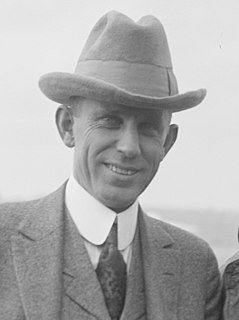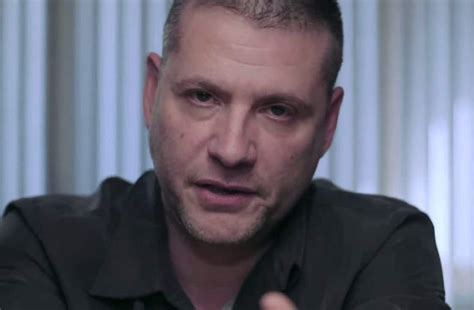A Quote by Robert Hughes
Transportation made sublimation literal. It conveyed evil to another world.
Quote Topics
Related Quotes
Whenever you find a preacher who takes the Bible allegorically and figuratively...that preacher is preaching an allegorical gospel which is no gospel. I thank God for a literal Christ, for a literal salvation. There is literal sorrow, literal death, literal Hell, and, thank God, there is a literal Heaven.
There is a correlation between evil. There is a primary evil that comes directly from the Devil. Even though all evil stems from the Devil, the Devil sometimes interacts with people in the physical world and the spiritual world and sometimes there's just plain evil that people do to one another. And I've seen plenty of that over the course of 20 years.
Just as there exists in writing a literal truth and a poetic truth, there also exists in a human being a literal anatomy and a poetic anatomy. One, you can see; one, you cannot. One is made of bones and teeth and flesh; the other is made of energy and memory and faith. But they are both equally true.
He thought of the jungle, already regrowing around him to cover the scars they had created. He thought of the tiger, killing to eat. Was that evil? And ants? They killed. No, the jungle wasn’t evil. It was indifferent. So, too, was the world. Evil, then, must be the negation of something man had added to the world. Ultimately, it was caring about something that made the world liable to evil. Caring. And then the caring gets torn asunder. Everybody dies, but not everybody cares.




































